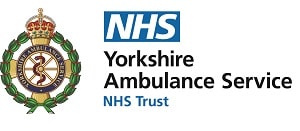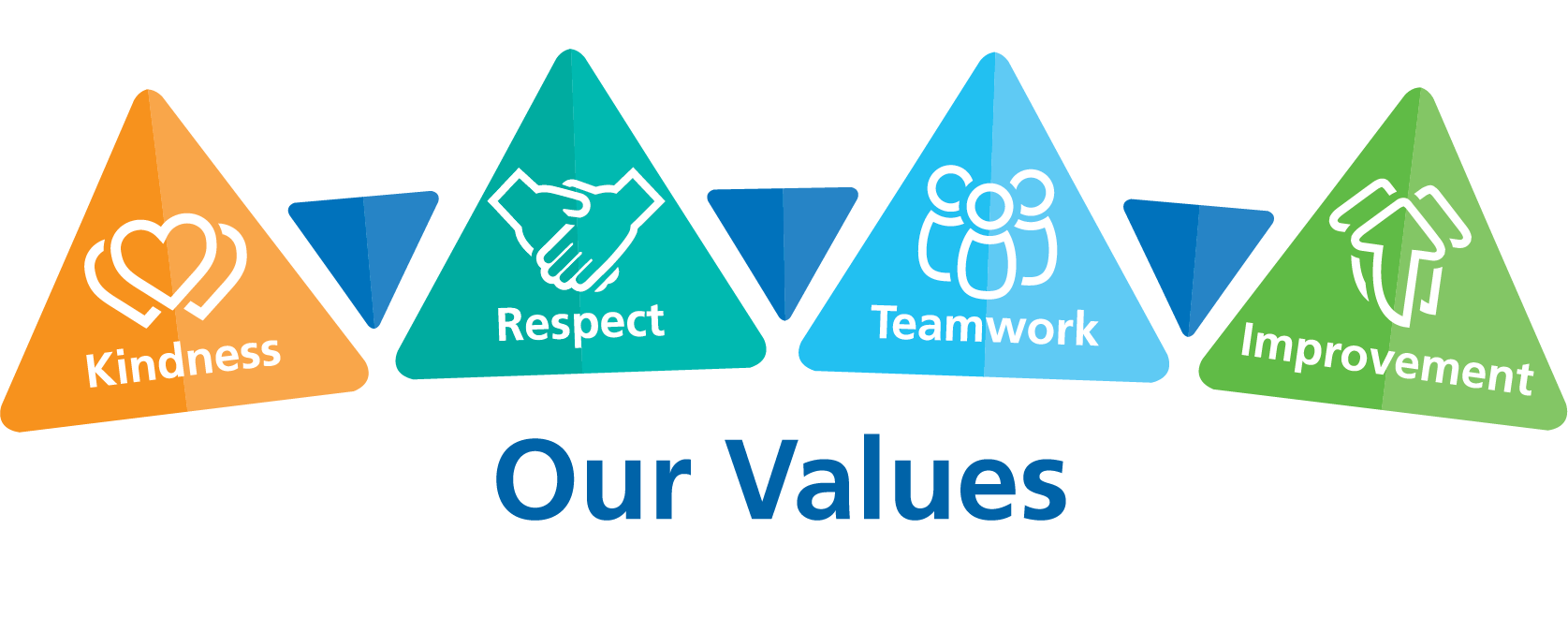Yorkshire Ambulance Service says "check your pulse"
08 June 2018
As part of World Heart Rhythm Week, Yorkshire Ambulance Service NHS Trust is encouraging everyone to treat cases of fainting seriously.
One in two people will faint at some point in their life, which may be caused by dehydration or low blood pressure, but it can also be a sign of a heart rhythm disorder known as arrhythmia.
There are different types of arrhythmia which affect over two million people in the UK. Nearly 500,000 people have undiagnosed atrial fibrillation (AF) - the most common type - and they are at increased risk of a debilitating or life-threatening AF-related stroke.
Dr Steven Dykes, Deputy Medical Director at Yorkshire Ambulance Service, said: “One of the best ways to monitor your heart rhythm is to check your pulse regularly. A normal pulse is between 60 and 100 beats per minute, but there may be reasons why your pulse is faster or slower, such as caffeine, medication, stress and anxiety.
“If your pulse seems to be racing some or most of the time, if your pulse seems to be slow some or most of the time, or if your pulse feels irregular (jumping around), even if you do not feel unwell, please speak to your doctor.”
Trudie Lobban MBE, Founder and Trustee of Arrhythmia Alliance, added: “We know our blood pressure, we know our heart rate. It is time we all knew our heart rhythm - it could save our life.
“It is incredible that something as simple as knowing your pulse to know your heart rhythm can save your life or reduce your risk of an AF-related stroke. It only takes 30 seconds and is so simple that people of all ages, young and old, can learn to know their own pulse.”
More information is available at www.knowyourpulse.org
Produced by: Corporate Communications Department

